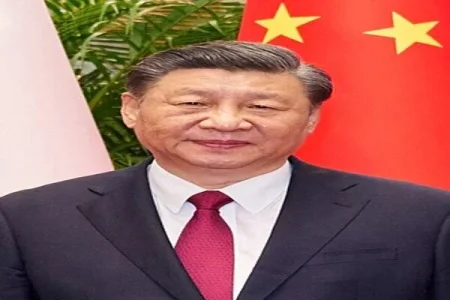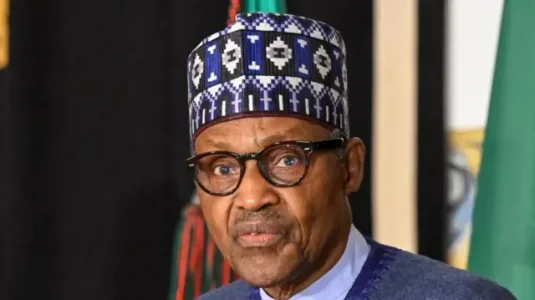
China increases tariffs to 84% on U.S. imports in response to President Trump's 104% tariff, escalating the U.S.-China trade war. The move adds tension to the global economy, raising concerns about rising prices, recession risks, and the long-term impact on both countries’ economies.
China has raised tariffs on U.S. imports to 84%, following President Donald Trump’s imposition of a 104% tariff on Chinese goods. The move is seen as a retaliatory response to Trump’s latest trade policies, which have exacerbated tensions between the two economic giants.
China’s Finance Ministry criticized the U.S. decision as “a mistake on top of a mistake,” arguing that it undermines China’s trade rights and destabilizes the multilateral trading system. The Chinese government also added 12 American companies to its export control list, signaling further retaliatory measures. Analysts warn that the intensifying tariffs could have significant global economic consequences, particularly for the U.S. consumer market, with rising prices and recession risks. The trade dispute is also expected to impact China’s slowing economy, heavily reliant on exports, while the U.S. faces growing pressure from inflation and disrupted global supply chains.
The U.S. action follows earlier threats from Trump, who had demanded China roll back its retaliatory tariffs or face additional penalties. After China refused, Trump moved forward with higher tariffs, even declaring that all trade talks with China were suspended. The escalating conflict has raised concerns about its broader effects on the global economy, particularly as the two nations continue their battle over trade imbalances and market access.




